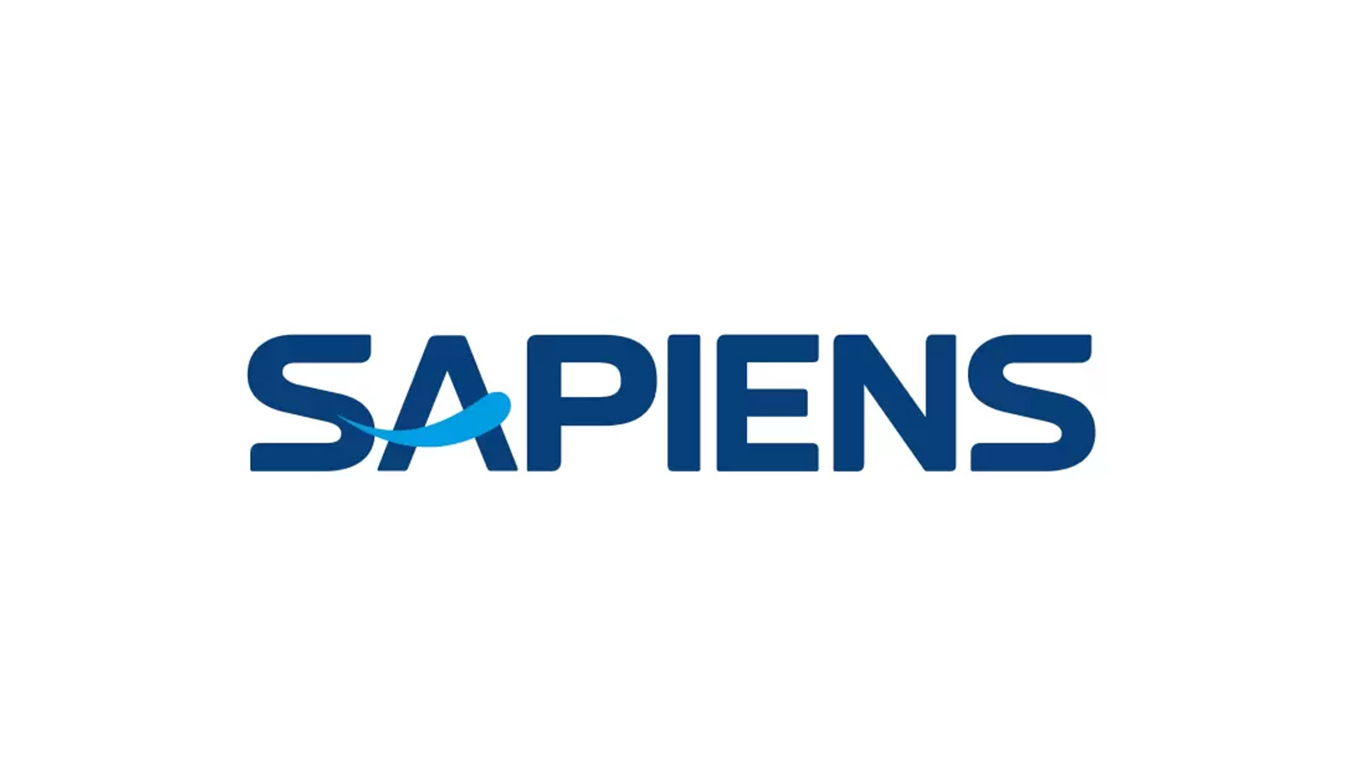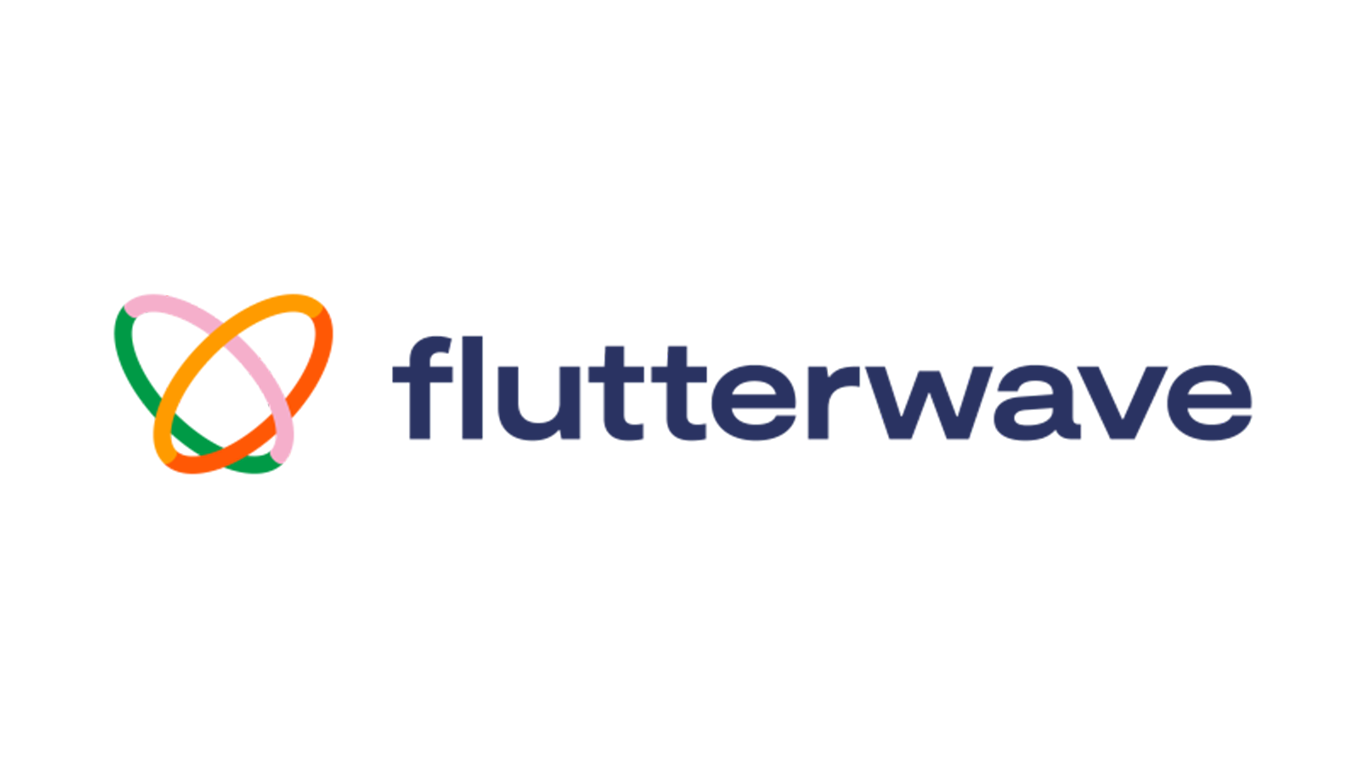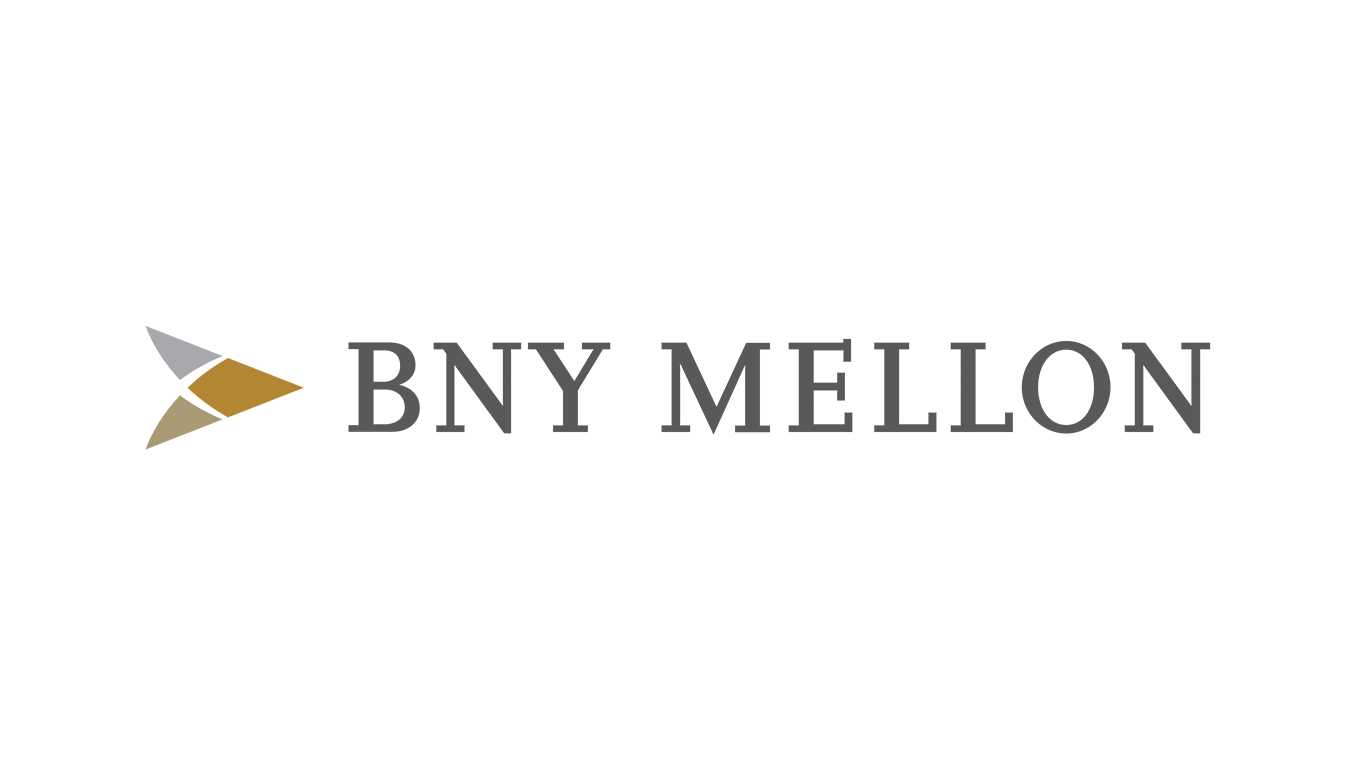Published
- 04:00 am

Sapiens International Corporation, a leading global provider of software solutions for the insurance industry, today announced that BHSF, a UK "profit for good" health and wellbeing provider, has chosen to deploy Sapiens Platform including Sapiens IDITSuite for Property & Casualty and Sapiens DigitalSuite.
Sapiens' end-to-end solution includes core policy, billing, and claims, as well as digital customer/employee and employer applications, configured for BHSF's personal accident and health and wellbeing cash plan products, all delivered in the Sapiens Cloud. The digital engagement will accelerate BHSF's customer satisfaction and retention and contribute to KPI improvements market-wide.
BHSF is transforming from its legacy mainframe application to gain greater agility and speed to market for changes using Sapiens' no-code/low-code configuration tools. The solution provides out-of-the-box functionality, combined with speed of change for the configuration of new products, ratings, document templates, and digital customer journeys. Being deployed in the Sapiens Cloud, hosted by Microsoft Azure, changes can be pushed live multiple times per day. This increases BHSF's agility and speed of change, whilst the cloud hosting provides additional layers of protection of the confidential medical and health data of its members, ensuring data remains safe, encrypted, and secure at all times.
BHSF will benefit from Sapiens' ecosystem, which provides access to over 60 insurtech partners, with their point solutions being consumed as part of the overall Sapiens offerings. Initially, BHSF will use Loqate for real-time postcode lookup and address verification but will expand further into Sapiens' partner ecosystem over time.
"BHSF is on a direct path to profitable growth, and Sapiens' leading solutions and strategy are key to our digital growth," said Heidi Stewart, BHSF CEO. "By delivering hyper-personalised digital customer experiences, Sapiens will provide operational efficiencies through automation and straight-through processing. Sapiens also provides rich insurance domain experience and implementation methodology."
"It's gratifying to empower BHSF's journey to automation and enable them to provide an insurance service that delivers customer experiences that are in line with their corporate strategy," said Roni Al-Dor, Sapiens President and CEO. "Boosting efficiency, revenue and growth for our customers is our mission and responsibility."
Sapiens IDITSuite is an AI-powered, end-to-end insurance software solution that supports customer acquisition, billing, finance, claims, and renewals. The solution features a low-code product and pricing configuration engine that accelerates speed to market. Sapiens DigitalSuite offers a comprehensive, cloud-native, future-proof digital engagement platform.
Related News
- 02:00 am

Flutterwave, Africa's leading payments technology company, has announced the appointment of Olajumoke Adenowo as a member of its global Board of Directors. With a sterling reputation as a global transformational leader and business builder across Africa, Olajumoke will play an instrumental role in Flutterwave’s journey toward solidifying its pan-African and global positioning.
Described as Africa’s Starchitect by CNN, Olajumoke Adenowo is an exceptional leader in Architecture with a successful career spanning over 35 years. She serves as the Principal Architect of AD Consulting, a globally recognized architectural firm using innovative thinking to solve complex problems. She is responsible for leading and overseeing a large portfolio of landmark projects locally and internationally.
Olajumoke Adenowo brings a wealth of experience with a steadfast dedication to excellence forged through resilience and perseverance. These qualities mirror the principles that underpin Flutterwave’s remarkable trajectory over the past seven years, positioning it for exponential growth in the coming stages. She also brings a formidable network of decision-makers and professionals worldwide, bolstering Flutterwave’s strategic focus on multinational collaborations. She has served on boards of multiple companies and initiatives including Cartier Women's Initiative Awards, Fountain Holdings Limited, the International Federation of Interior Architects and Designers GAP Jury, and many others.
Commenting on the new appointment, Olugbenga GB Agboola, CEO and Founder of Flutterwave, said: “We are thrilled to welcome Olajumoke Adenowo to Flutterwave's Board of Directors. Her wealth of experience and unwavering commitment to excellence will undoubtedly strengthen our company's trajectory on the global stage. Olajumoke's insights and strategic vision will be invaluable assets as we continue to pioneer innovative solutions and drive impactful change across Africa and beyond. We look forward to her contributions and are confident that together, we will chart new heights of success.”
Olajumoke Adenowo’s success, particularly in male-dominated spaces, reflects the spirit that defines Flutterwave’s approach to revolutionizing the payments landscape. Her contributions also extend beyond business; she is rooted in her heritage while her journey from early childhood fosters a global outlook. Through her latest book, "Neo Heritage: Defining Contemporary African Architecture," she became the first African and First black architect published by Rizzoli. This stands as a testament to her influence in shaping narratives beyond borders.
Commenting on her appointment, Olajumoke Adenowo shared: “I believe that Africa must evolve its solutions. Flutterwave is tangible proof of this, with innovation that addresses Africa’s unique challenges. As Flutterwave's first independent non-executive board member, I draw on my paradigm derived from my roots in my African heritage alongside my global exposure to bolster our mission of bridging Africa with the world's markets. I look forward to contributing to the next phase of our journey, anticipating the significant impact we're set to achieve.”
In recognition of her outstanding leadership and philanthropy, Olajumoke Adenowo has received prestigious accolades, including the 2020 Forbes Woman African Entrepreneur of the Year Award, a duo of U.S. Congressional recognitions for leadership, impact, and Philanthropy, the 2024 Forbes, Know Your Value ‘50 Over 50: Europe, Middle East and Africa’ list amongst other “Power lists.” She is also recognized as a mentor to over 300 individuals across 6 continents.
Flutterwave looks forward to leveraging her expertise and international recognition as it continues to pioneer innovative solutions that drive Africa's economic empowerment and global integration.
Related News
- 01:00 am

Aryza Group, a leading provider of financial software solutions, has reached a significant milestone in its collaboration with payments specialists Acquired.com. Building on a partnership spanning over 6 years, the expanded alliance is bringing advanced data-driven collection and disbursement options to Aryza’s lending division, enriching the end-to-end payment process from collections to treasury services.
The overarching objective of the Aryza and Acquired.com partnership is to empower Aryza’s clients with enhanced knowledge, innovation, and expertise, particularly in the crucial domain of collecting and processing payments. In a highly regulated environment, the partnership aims to optimise loan book performance and governance for Aryza’s diverse client base.
Aryza and Acquired.com collaborate closely to offer automated disbursements, streamlining the user journey within Aryza’s products. This strategic collaboration allows businesses to maximise collection success rates and seamlessly navigate payment processes.
In addition, Acquired.com have recently delivered their award-winning Hosted Checkout integration into Aryza’s Microservices technology stack. This integration allows all of Aryza’s platforms, including the insolvency division, to gain access to market-leading products and full optionality when it comes to payment methods.
Andrea Varga, Head of Innovation at Aryza, stated “The process of onboarding and integrating Acquired payment solutions into Aryza’s microservices was one of the smoothest integrations we have ever had. Acquired provided well-written and simple-to-follow Portal and API documentation for our development team to work with, and their team was extremely responsive to any queries that our team had. Their code base and its readability were clear and precise. After many integrations we have completed, we can wholeheartedly say that this was without a doubt one of the easiest integrations that we have done.”
Through the partnership, customers’ personal and card information was migrated to Acquired.com, helping Aryza create an API tool to migrate merchants’ data automatically. After conducting the relevant checks, the merchant was switched on LIVE immediately, resulting in a clean switch and smooth transition to Acquired.com in seconds, with minimal downtime and no need to re-tokenise card details.
Go Car Credit, among other merchants, reported a significant increase in authorisation rates, between 5-8%, and gained enhanced visibility into transaction declines, leading to a more effective collection process.
Key benefits to Aryza’s customers include an increase in payment processing and collections. Getting payments and managing the arrears process with consumer duty has also enabled more of Aryza’s customers to reduce attrition rates and improve customer outcomes. It addresses the challenge of implementing Open Banking, allowing one-off payments via Acquired.com’s proprietary Pay by Bank solution, which allows consumers to pay what they can afford in a secure way from a bank account of their choice.
Aryza’s customers now also benefit from an improved overall experience, as they can offer their clients convenient and secure payment options through Acquired.com’s white-labeled solution. The partnership also facilitates faster payment clearance rates, addressing challenges associated with slow time to cash for clients. Moreover, Aryza’s customers experience improved cash flow management, offering diverse payment methods and ensuring customers can pay according to their ability.
Martin Prigent, Group Director of Partnerships and Key Customer Relationships at Aryza, commented “The transition of our customers from their previous payment platform presented a considerable risk for Aryza. The steadfast ownership and unparalleled expertise demonstrated by Acquired.com throughout the project were pivotal factors in its successful execution. The impact of this initiative is a vastly content Aryza customer base, setting the stage for a prospective and enduring partnership between Aryza and Acquired.com as we both advance and refine our business models. Aryza recognises Acquired.com as an invaluable partner, attributing this distinction to a harmonious blend of cutting-edge technology and, perhaps even more significantly, impeccable delivery.”
AJ Davison, Senior Partner Manager at Acquired.com, said “At Acquired.com, we are thrilled to be an integral part of Aryza’s transformative journey in the financial software solutions landscape. The partnership symbolises a commitment to financial innovation, customer-centric solutions, and improved operational efficiency.
The seamless integration of our payment platform into Aryza’s products and Microservices technology stack is a testament to our shared dedication to prioritising the customer’s needs. As we look toward the future, Acquired.com is excited about the continued growth and development of our partnership with Aryza. We are committed to delivering innovative technology and impeccable service, solidifying our position as a key partner in Aryza’s mission to empower clients, reduce attrition rates, and improve overall customer outcomes.”
Related News
- 01:00 am

BNY Mellon has appointed Gary Delaney as International Chief Information Security Officer (CISO). Delaney will be based in Dublin and brings 20 years of experience in cybersecurity architecture, governance, and strategy.
Delaney will report to Matthew McCormack who leads the Information Security Division within BNY Mellon’s Engineering organisation, operating an enterprise-level cybersecurity division that enables and protects the assets of BNY Mellon's businesses and its clients.
“Resilience is a key objective in our work today and has been for 240 years,” said Matthew McCormack, Chief Information Security Officer at BNY Mellon. “Gary brings a depth of experience, adding to BNY Mellon’s existing expertise and innovation in building cybersecurity capabilities and resilience.”
Delaney joins BNY Mellon after almost five years as CISO at Bank of Ireland (BOI) and before that, over four years with Allied Irish Bank (AIB) as Head of Cyber Security Strategy and Group Head of Technical Architecture. He has also held senior roles at Commonwealth Bank and National Australia Bank.
“As a globally admired financial services company, BNY Mellon has demonstrated its leadership position in building innovative products and resilient systems for the benefit of its clients and global financial markets,” said Gary Delaney, International Chief Information Security Officer at BNY Mellon. “I am looking forward to helping the organisation further meet its ambitions in this area.”
“Ireland is a true incubator of top-level talent in the digital, cyber and technology space,” said Paul Kilcullen, Ireland Country Manager and BNY Mellon CEO of Funds Services Ireland. “Gary’s appointment is another example of how BNY Mellon continues to invest in the technology and talent to be more for our clients.”
Related News
- 03:00 am

Families are still feeling the acute financial burden caused by increased costs and higher interest rates, and new research from Moneyhub reveals that over half of people regularly worry about their financial situation. The research also shows that UK savers believe their banks could be doing significantly more to help them get to grips with their finances
The middle-aged are the most likely generation to feel the pressure on their purse strings, with 63% of 45-54-year-olds indicating they are worried about their finances.
However, while a total of 31% of those surveyed admitted to putting off life goals – such as having children – due to not being able to afford it, this figure shot up to 48% for 18-34 year-olds.
The generational differences don’t stop there. Across the two-fifths of respondents who regularly finish the month with no money in their accounts or with an overdraft, this number jumped to 54% for those aged 25-33 years old and fell to 35% for 55-60-year-olds.
Following a difficult year for personal finances, which saw consumers grapple with high inflation and soaring costs, 44% of respondents said they had to dip into their savings in the past 12 months. A further 28% said that they are struggling to save, while 18% have an erratic approach to savings, with some months being better than others. Tellingly, only 15% of respondents said they can save a significant portion of their income each month.
Although the research nods to the difficulties presented by macroeconomic pressures, it also shows that banks and financial institutions could do more to help. Over a third (34%) of respondents said that banks and financial institutions don’t make it easy to understand finances, and 31% said that they would save more if they understood their finances better.
When asked what they think banks can do to make life easier, 16% said that they’d like nudges for when they could be saving money or switching to better savings rates. 13% would like access to free money management apps that allow them to see and understand all their finances, and 12% said they wanted easier methods to contact customer services.
Kim Jenkins, Managing Director of Moneyhub API said: “Our research makes it clear that there is an opportunity to help customers understand and manage their finances. By using the available technology, banks, and financial institutions would be able to help their customers properly understand their financial situation and provide smart nudges that would help them make better financial decisions.
Through Open Banking capability and easy-to-build solutions such as Moneyhub’s Smart Saver API Recipe, banks can provide a helping hand for their customers to budget and know precisely when they have excess to save. This will also enable them to deliver better customer outcomes.”
Related News
- 05:00 am

Flagright, a leader in AI-native Anti-Money Laundering (AML) compliance and fraud prevention solutions, is thrilled to announce its partnership with SALT, a pioneering financial platform designed to empower SMEs in India & Asia. This collaboration is a testament to the shared Y Combinator heritage, underlining both companies' commitment to leveraging technology for financial security and innovation.
SALT, recognized for its unique approach to providing SMEs with the financial tools they need to thrive, is set to integrate Flagright's advanced AML and fraud prevention technologies. This strategic move will bolster SALT's capabilities in offering secure, efficient, and innovative financial services to Indian & Asian businesses.
Ankit Parasher, Co-Founder at SALT, shared his enthusiasm about the partnership: "Joining forces with Flagright, a fellow YC alumni, is a significant milestone for SALT. It strengthens our mission to support SMEs with not just financial solutions but also unparalleled security. Flagright's technology will play a crucial role in protecting our platform and our customers from financial crimes, ensuring that SMEs can operate with confidence and security."
Flagright's sophisticated AI technology and intuitive, no-code interface will enable SALT to seamlessly integrate comprehensive compliance and fraud prevention measures, further securing the financial transactions of SMEs in the region. This partnership highlights the dedication of both companies to improving financial security and fostering innovation within the SME sector.
Baran Ozkan, Co-founder and CEO of Flagright commented on the collaboration, stating, "We are excited to partner with SALT and support their mission to empower SMEs. Our shared background as YC alumni strengthens our collaboration, as we both understand the importance of innovation and security in scaling businesses. We are eager to contribute to SALT's success with our robust security solutions."
Related News
- 08:00 am

New Consumer Spend data from Barclays’ annual contactless trends report has revealed that 2023 was another record-breaking year for ‘touch and pay’, further cementing it as the UK’s most popular payment method, owing to its speed and convenience. Usage grew across all age demographics, and the gap between older and younger audiences continues to narrow, with the fastest growth among the over 65s for the third year running. Mobile wallets are also gaining ground, particularly with younger shoppers, while Chip PIN and cash are the preferences for purchases over £100.
Across the population as a whole, a record 93.4 percent of all in-store card transactions up to £100 were made using contactless in 2023, and in total there were 7.8 percent more ‘touch and go’ transactions than in 2022. On an individual level, the average user made more transactions (up from 220 to 231), on more expensive items (the average purchase cost £15.69 – up 3.8 percent), meaning that they spent more overall (£3,623 – up 8.9 percent).
For the second year running, the Friday just before Christmas (22 December 2023) was the single biggest day for contactless – spending was 87.6 percent higher compared to the daily average, as shoppers picked up last-minute gifts, or enjoyed a few drinks with friends as they clocked off for their festive break.
Silver Spenders tap into convenience
While contactless is still more popular among younger consumers, the gap between older and younger audiences continues to narrow. In 2023, the percentage of active users among 85–95-year-olds (80.1 percent) crossed 80 percent for the first time. More broadly, for the third year in a row, over-65s were the fastest growing segment for contactless usage, up 4.1 percent year-on-year.
However, there is still a division among contactless users when it comes to preferences for making contactless payments using a mobile wallet versus a physical card. Research from Barclays shows just 3 percent of over-75s prefer a mobile payment over using a physical card, whereas a quarter (25 percent) of 18-34-year-olds say they prefer to use their phone.
Wallets optional: younger consumers embrace mobile payments
The increasing popularity of mobile payments; which have no contactless upper limit via two-factor authentication; means some younger shoppers now opt to go cardless when leaving home. More than one in five (22 percent) of those aged 18-34 regularly leave their wallet behind when out shopping in favor of paying with their smartphone, in comparison to just 1 percent of those over 75.
As a consequence of increased ‘touch and go’ mobile spending, nearly one-fifth (18 percent) of Brits admit they also have trouble remembering their PIN when prompted. Fortunately, many banks, including Barclays, allow customers to check their PIN securely by logging in through their mobile banking app.
Table tech
When dining out, restaurant-goers continued to embrace contactless and digital payments in 2023. While overall restaurant spending was down -6.7 percent due to cost-of-living pressures, contactless spending fell only -2.9 percent; demonstrating the shift towards speed and convenience at the point of payment. In addition, 15 percent of those aged 18-34 now say they prefer to order and pay by scanning a QR code using their phone when the option is available, to avoid having to wait for the bill or card machine at the end of a meal.
A win for Chip and PIN
When it comes to buying items over £100, pre-contactless technologies remain the most popular way to pay. Four in five (78 percent) say that Chip and PIN is one of their top two choices, while one in four (23 percent) opts for cash. Contactless payments over £100 are possible using a mobile wallet – the limit of £100 applies to physical cards; mobile wallets while growing in usage, placed third chosen by one in five (19 percent).
Karen Johnson, Head of Retail at Barclays said: “Since we rolled out contactless payments to the UK in 2007, it has firmly cemented itself as the UK’s favourite payment method, thanks to its speed and convenience. Given the growing number of cashless businesses, I’m pleased to see that many older shoppers are embracing touch-and-go and that the gap in contactless usage between age demographics continues to narrow.
“In 2024, we expect to see a greater shift to payments using mobile wallets, as more bricks-and-mortar businesses integrate the technology into their customer experience. Many of our hospitality & leisure clients are finding success by giving customers the ability to order and pay from their table by scanning a QR code. Customers like it because they don’t have to wait for the bill, meaning they can squeeze in an extra round of drinks or a dessert before they need to leave, and the business frees up more capacity for waitstaff, boosting productivity.”
Category |
| Contactless Spend Growth in 2023 vs 2022 |
Overall Contactless Spend |
| 10.2% |
Retail |
| 9.7% |
Clothing |
| 6.2% |
Grocery |
| 10.4% |
Food & Drink Specialist |
| 9.3% |
Supermarkets |
| 10.6% |
Household |
| 11.1% |
Electronics |
| 19.8% |
Furniture Stores |
| 11.5% |
Home Improvements & DIY |
| 9.9% |
General Retailers |
| 8.9% |
General Retailers & Catalogues |
| 18.4% |
Department Stores |
| 9.9% |
Discount Stores |
| 2.1% |
Specialist Retailers |
| 8.4% |
Pharmacy, Health & Beauty |
| 9.2% |
Sports & Outdoor |
| 7.2% |
Other Specialist Retailers |
| 7.8% |
Hospitality & Leisure |
| 11.5% |
Eating & Drinking |
| 10.3% |
Bars, Pubs & Clubs |
| 8.9% |
Restaurants |
| -2.9% |
Takeaways and Fast Food |
| 14.9% |
Other Food & Drink |
| 11.5% |
Entertainment |
| 12.1% |
Hotels, Resorts & Accommodation |
| 17.6% |
Travel |
| 16.3% |
Public Transport |
| 11.4% |
Other Travel |
| 19.4% |
Other |
| 9.8% |
Fuel |
| 4.6% |
Motoring |
| 28.8% |
Other Services |
| 21.9% |
A brief history of contactless payments:
- 2007: Barclays pioneers contactless payments in the UK with the Barclaycard OnePulse card, which could be used to pay at c22,000 payment terminals across the TfL network and in c6,000 retailers. The spending limit per transaction is initially set at £10
- 2010: The Contactless payment limit increases from £10 to £15
- 2011: The first mobile payment device enters the UK as Barclaycard and Orange join forces to launch Quick Tap, which lets users make payments by tapping their phone on a contactless payment reader
- 2012: The contactless payment limit rises from £15 to £20. Barclays introduces PayBand, the UK’s first wearable payment device
- 2013: Annual contactless transactions reach £1bn for the first time
- 2014: Barclays works with TfL on the second phase of introducing contactless to London’s travel network by aiding the evolution of the yellow Oyster card readers to enable them to read contactless cards
- 2015: The spending limit per transaction rises from £20 to £30. Barclaycard creates the nation’s first payment fashion wearables.
- 2020: UK contactless limit increases from £45
- 2021: UK contactless limit increases to £100 on 15 October
- 2022: Contactless spending jumps 49.7 per cent, as Brits embrace the £100 limit
- 2023: Over 80 per cent of 85–95-year-olds now pay with contactless
Related News
- 08:00 am

A lack of information is putting people off from potentially saving for a better future, according to new research from award-winning Open Banking, Open Finance, and Payments provider Moneyhub.
Over two-fifths (42%) of consumers stated that they do not find it easy to interact with their provider, with one in four (25%) citing that the biggest reason for communication being difficult is their provider not having an app. The lack of an app was also rated as more important than the ability to ‘speak with someone.
This difficulty in communicating with providers could be leading to poor customer outcomes. The findings from Moneyhub show over a third (36%) of consumers aged 35-44 years said too little information is putting them off adding to their pension. And over 1 in 8 (13%) of consumers don’t even know who their provider is.
With the FCA’s Consumer Duty now in effect, demonstrating positive outcomes is more important than ever. However, when asked, only 19% (less than 1 in 5) of respondents felt that their provider had delivered on all four of the FCA’s Consumer Duty outcome areas.
One way for providers to do this is by using technology and solutions such as commercial pension dashboards and Open Finance. Alongside being able to find and view all their pension data, Moneyhub’s technology also allows consumers to connect to and see their bank accounts, credit cards, savings, property valuations, ISAs, loans, mortgages, and other financial products all in one place, allowing them to make better long-term financial decisions and embed healthier money habits.
Total percentage of consumers who think their provider has FAILED meeting the FCA’s Consumer Duty regulations to improve customer outcomes:
“Communications to make effective financial decisions” – 25%
“Good quality support and after-sales care” – 24%
“Transparent pricing and demonstrating value for money” – 18%
“Offering suitable products and services to meet your needs” – 16%
Mark Horwood-James, Managing Director at Moneyhub Personal Finance Technology said:
“Consumers are saying loud and clear that pension and investment providers can be doing more to help them make better financial decisions. It is also striking how in demand technology is from customers. Apps and specifically the use of Open Banking and Open Finance technology can contribute to better financial wellness and encourage positive outcomes. The ability for consumers to see a holistic picture of their finances enables them to make decisions that can improve their long-term financial health. Pension and investment providers could have a huge impact in this area, creating brighter futures for their customers and their businesses.
“The UK Government’s new Smart Data sharing laws (DPDI) and Pensions Dashboard announcement – alongside the continued emergence of Open Finance is accelerating the race to deliver customer-centric solutions. And the next few years will rapidly reveal who leads, and who gets left behind.”
Margaret Snowdon, OBE said:
“Consumers make financial decisions every day, whether buying a car or a TV and whether or not to use credit or even to get credit. Pensions are part of a wider universe in real life. Providers have a big role to play in expanding consumer financial understanding, either by targeted and easy-to-digest information when action is needed or better still, a continuous program of bite-sized information delivered in an eye-catching way, as early as possible. Nudges as part of a dashboard covering all of a consumer’s finances is the ideal.”
Related News
- 08:00 am

iwoca, one of Europe’s largest SME lenders, today announces a partnership with business account provider Countingup to make business finance available to almost 10,000 of Countingup's users at the touch of a button.
Building on Countingup’s suite of built-in finance, accounting, and tax management features, this new collaboration uses iwoca’s API to embed fast and flexible funding options into Countingup’s business account platform. This now means users can access finance seamlessly within minutes.
The integration will see iwoca’s Flexi-Loan for SMEs made available on the app and uses Countingup’s data and interface to streamline the loan application process, in a move to empower small businesses to take better control of their finances.
Yusupha Fatty, a Countingup customer and an agency nurse providing general nursing services to various NHS hospitals across the country, emphasised the significance of access to loans for his small business, explaining, "I was having major issues with my car as I do a lot of mileage travelling to different hospitals. Therefore, I needed to purchase a new car to get to and from work."
Describing his experience, Yusupha added, “It was one of the easiest and most straightforward applications I’ve ever come across.”
“I had been with another provider previously but found them quite slow to respond whenever I had a request. The process with Countingup and iwoca has been so much quicker.”
Initial data collected during a trial of the partnership found that 70% of Countingup’s first cohort of customers applying for finance with iwoca received a loan decision in under an hour.
Yusupha says the speed of the funding was crucial: “It had a massive impact - without it, I wouldn’t have been able to work”.
Harry Cranfield, iwoca Partner Channel Manager said: “Through our industry-leading API integrations for business lending, we've enabled over 30 partners to provide finance within their platforms. As we continue to innovate, we’re actively looking for new partners to expand our reach and make finance available to small businesses when and where they need it.
“Our latest collaboration with Countingup brings us another step closer to that reality. Access to fast and flexible finance not only enhances cash flow management for SMEs, but also fuels their ability to seize opportunities - making their business and the economy stronger as a whole.”
Rory Bocock, Head of Marketing at Countingup said: “Our collaboration with iwoca represents a big step forward in our mission to automate and simplify finances for the UK’s self-employed. The seamless integration of iwoca’s flexible business loans within our app complements our finance, accounting and tax features - empowering self-employed individuals to confidently run their business. We’re ensuring small business owners have continuous access to the vital financial resources they need to thrive.”
Related News

Katarina Pranjic
Head of Policy and Regulation at LexisNexis Risk Solutions
Industry expert Katarina Pranjic takes a look at why the costs of compliance, collaboration, perpetual KYC, and richer data could prove some of this year’s biggest tren see more









